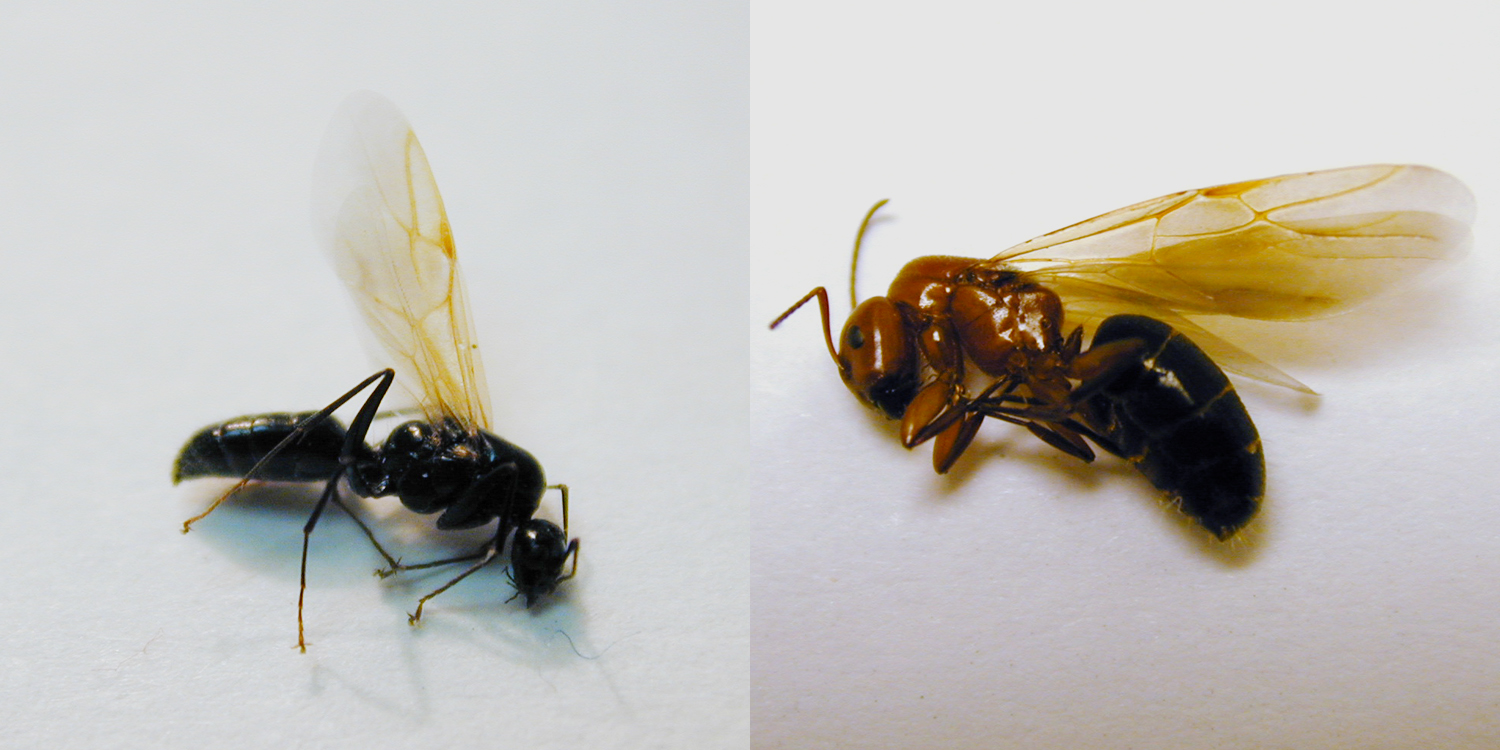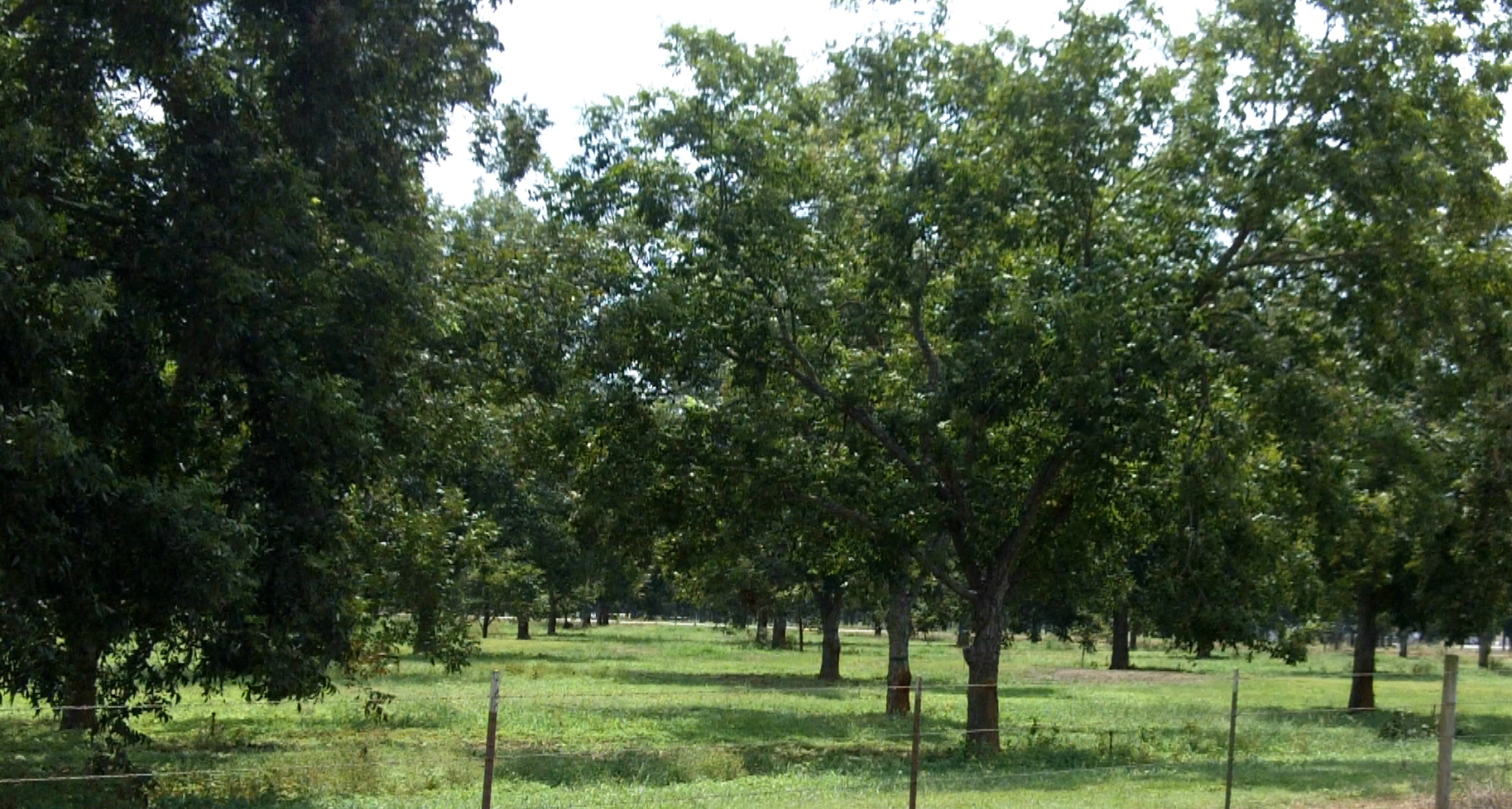To provide agricultural producers in Hunt County access to current information related to ag production.
Tuesday, June 10, 2014
Monday, May 12, 2014
2014 Grassfed Beef Conference - College Station Texas
Texas
A&M Agrilife Extension is pleased to announce the 4th Annual Grassfed Beef
Conference..
Consumer
interest in natural, grassfed and organic beef is on the rise. If
you’d like to learn more about grassfed beef production and how it’s different,
mark your calendar for May 29-30, 2014 to be in College Station for this year’s
Grassfed Beef Conference.
We’re
excited about the interest among participants and the outstanding lineup of
speakers that will come together for this information-sharing
opportunity.
For more information visit http://animalscience.tamu.edu/files/2012/04/Grassfed-Conference-2014-Flyer.pdf
To
register go to: https://agriliferegister.tamu.edu/Beef
OR
register by phone: 979.845.2604.
Wednesday, April 23, 2014
POND MANAGEMENT SEMINAR
Need to know more about caring for and maintaining your farm pond? This seminar will cover all aspects of pond management in one setting.
Friday, May 2, 2014
Ben E. Keith Community Room
2248 Live Oak Street, Commerce
Cost: $10 - Registration 12:30 - Program begins at 1:00pm
Instructed by: Dr. Billy Higginbotham
Topics Include:
Farm Pond Management Weed ID & Control Methods
Fish Stocking & Management Drought Management
2 CEU Hours (1Gen./1IPM) given to Pesticide License holders
Must have Pesticide License # - Drivers License # no longer accepted
Bring your pond weeds for identification.
For more Information contact:
Hunt County Extension - 903-455-9885
Kaufman County Extension - 972-932-9069
Rockwall County Extension - 972-204-7660
Friday, May 2, 2014
Ben E. Keith Community Room
2248 Live Oak Street, Commerce
Cost: $10 - Registration 12:30 - Program begins at 1:00pm
Instructed by: Dr. Billy Higginbotham
Topics Include:
Farm Pond Management Weed ID & Control Methods
Fish Stocking & Management Drought Management
2 CEU Hours (1Gen./1IPM) given to Pesticide License holders
Must have Pesticide License # - Drivers License # no longer accepted
Bring your pond weeds for identification.
For more Information contact:
Hunt County Extension - 903-455-9885
Kaufman County Extension - 972-932-9069
Rockwall County Extension - 972-204-7660
Tuesday, March 11, 2014
Thursday, February 13, 2014
Sign up for Monthly Email Newsletter
 We have many great educational programs planned for 2014 on Agriculture, Natural Resources and Horticulture topics in Hunt County. We want to be sure you know about these opportunities. Please email slallen@ag.tamu.edu to sign up for our monthly email newsletters for Ag/Natural Resources or Horticulture. (Please specify which newsletter(s) you are interested in.) Your email address will not be shared with any other entity, and you have the opportunity to unsubscribe at any time.
We have many great educational programs planned for 2014 on Agriculture, Natural Resources and Horticulture topics in Hunt County. We want to be sure you know about these opportunities. Please email slallen@ag.tamu.edu to sign up for our monthly email newsletters for Ag/Natural Resources or Horticulture. (Please specify which newsletter(s) you are interested in.) Your email address will not be shared with any other entity, and you have the opportunity to unsubscribe at any time.
Friday, February 7, 2014
Carpenter Ants Swarming
Provided by Insects in the City, Dr. Mike Merchant, Extension Urban Entomologist
Photos: Male (left) and
female carpenter ant swarmers.
Note the pinched waist that distinguishes these
insects from termites.
Many social insects periodically do
something called “swarming”. Swarming occurs when reproductively mature,
but unmated, kings and queens leave the nest to mate. These mating
couples are winged and are referred to as alates, or swarmers. The
earliest swarmers to emerge in the winter are carpenter ants.
This week my youngest daughter, home
for the weekend for a visit, informed her entomologist dad that the upstairs
shower was covered with large ants. A quick inspection confirmed that we
were being invaded by carpenter ants. A few years ago we remodeled this
particular shower, tearing out sheet rock and insulation and encountered
carpenter ants living in the surrounding walls. We throughly cleaned out
what we could and sprayed the walls down with a residual insecticide before
reinstalling insulation and more water-resistant Hardyboard® in the new shower
stall. Apparently they are back.
Carpenter ants are relatively large
for ants, 1/4 to 1/2 inch-long. They may come in different colors, but
are usually red or black, or a mixture of the two colors (see pictures).
They may or may not have wings. In my home I only spotted the
wingless worker ants, but I suspect the swarmers will show up soon.
Dozens, even hundreds of swarmers may emerge from an indoor carpenter ant
nest.
In some parts of the U.S. carpenter
ants are important wood-destroying pests–not something that any homeowner wants
to see in their house. But here in Texas our carpenter ants are a little
less threatening. They certainly can be a nuisance through their
presence, and for the little piles of debris they often deposit on windowsills
and floor near their nests. But they do not do significant damage to 2×4
studs or other structural wood.
Unfortunately, carpenter ants are
always difficult to treat and eliminate completely from the home. For my
part I plan to inject an insecticide into the gap in the shower grouting from
which they obviously emerged, reseal the grout and not lose much sleep over the
incident.
If you discover carpenter ants in
your home, look for the hole where they are emerging. This may or may not
mark the exact location of the nest, but it will be close. For most
people, calling a professional is the best option for control. If you
choose to try the DIY route, you can either seal up the hole and do nothing, or
attempt to treat the hole with an aerosol insecticide labeled for use indoors
against ants and then seal the hole. You may be fortunate, and eliminate
the colony in this way, or you may eventually have to resort to professional
assistance. In any case, doing nothing to the ants will not likely result
in any serious damage to the home…just some nuisance ants emerging from time to
time.
For more information about these
ants, see publication E-2001 on
carpenter ants, or the publication on swarming insects
indoors, Ent-2012.
Tuesday, January 14, 2014
Texas Pecan Shortcourse Scheduled
By: Kathleen Phillips
Writer: Kathleen Phillips, 979-845-2872, ka-phillips@tamu.eduContact: Monte Nesbitt, 979-862-1218, mlnesbitt@ag.tamu.edu
COLLEGE STATION — The Texas Pecan Short Course – an “immersion class” for prospective growers, new orchard managers, county agents and horticulture students — will be Jan. 27-31 at Texas A&M University in College Station, according to Monte Nesbitt, Texas A&M AgriLife Extension Service horticulturist.
Registration is $150 for general participants and $50 for students and spouses.
An updated pecan handbook will be provided with registration, and a tour of the pecan orchard at Texas A&M on Thursday will include a steak dinner. Participants also will receive a Texas Pecan Variety Board — a unique display of the 48 most common pecan varieties grown in the state.
(Texas A&M AgriLife Extension Service photo by Kathleen Phillips)
Program coordinators Nesbitt and Dr. Larry Stein, AgriLife Extension horticulturist in Uvalde, will host several guest lecturers during the five-day program, including Dr. George McEachern, who has been lecturing at the event since its beginnings in the 1960s and author of the Texas Pecan Handbook.
Topics include plant physiology, health benefits of pecans, marketing, tax planning and integrated pest management.
“With pecans gaining national recognition for the increased export trade to China, short course enrollment in the last four years has been high,” Nesbitt said. “Attendees not only get introduced to the basics of pecan growing, but they will get to see the U.S. Department of Agriculture Pecan Breeding Laboratory at Snook and the Texas A&M Storey Teaching & Research Pecan Orchard.”
Registration can be completed online at http://events.tamu.edu/EmsRegics/TexasPecanShortCourse2014. For more information, contact Nesbitt at 979-862-1218 or mlnesbitt@tamu.edu.
Thursday, January 9, 2014
Subscribe to:
Posts (Atom)








